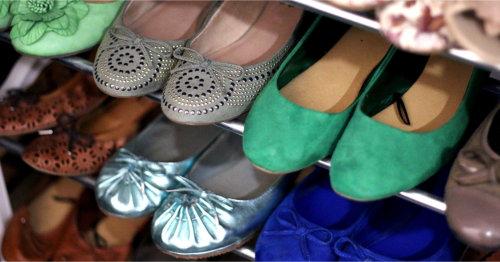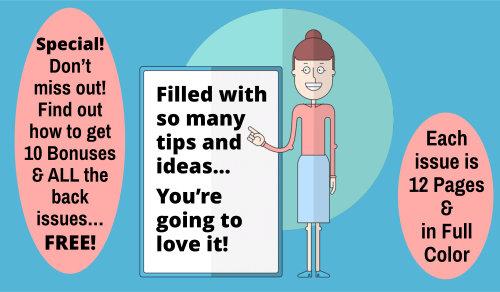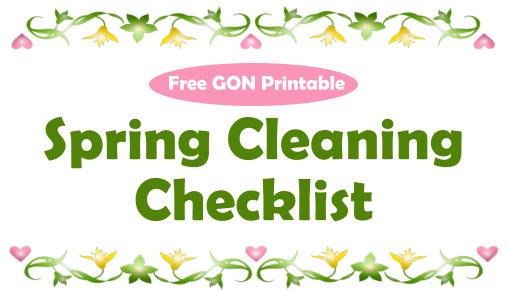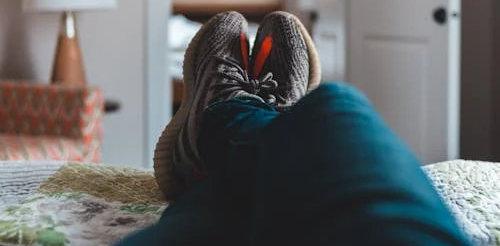How many pairs of shoes do you own? My husband gets by with very few...I can only think of
four pairs off the top of my head.
My collection is definitely larger. I have several types of sneakers depending on what fitness activity I'm doing, dressier shoes in black, silver, brown, and red, several pairs of casual boots, etc. I haven't counted them in
awhile, but I want to say at least a dozen. That being said, none of my shoes are gathering dust...I make use of all those I own.
The question of how many pairs of shoes one truly needs can stir up quite the conversation. Some swear by a closet filled
with options for every occasion, while others prefer a more minimalist approach.
First things first, let's agree that having a bunch of shoes isn't a problem if you actually wear them, have space to keep them, and can find them when you need them. If you're the
type who loves to mix it up, has plenty of room to store your kicks, and keeps things organized, then there's no harm in rocking a shoe collection.
But what about those of us who crave a more streamlined shoe situation? How many pairs of shoes are enough for everyday life? Well, that's where things get personal.
A well-rounded shoe wardrobe usually includes a few key categories:
Sneakers: Sneakers are like the
Swiss Army knives of footwear—versatile, comfy, and always ready for action. Having a couple of pairs in different styles or colors gives you options without going overboard.
Dress Shoes: For events, work meetings, or just feeling fancy on a Friday night, two to three pairs of dress shoes are all most people need. A
classic black pair, a brown or tan choice, and maybe a silver option will cover all your bases.
Casual Shoes: Whether it's loafers, boat shoes, or stylish flats, having a couple of pairs of casual kicks adds some flair to your everyday outfits. Stick to neutral tones for maximum mix-and-match
potential.
Boots: From tough work boots to sleek fashionable choices, having a couple of pairs of boots on hand is practical for all sorts of weather and style situations.
Sandals: When the weather heats up, it's time to let your toes breathe with a pair or two of sandals. Perfect for laid-back outings or beach days.
Work Shoes: If your job requires specific footwear, like non-slip shoes for waitressing or steel-toed boots for construction
work, invest in a couple of good-quality pairs that'll keep you safe and stylish on the job.
While these categories cover the basics, it's important to tailor your shoe collection to your own lifestyle and needs. If you're a runner, you might need multiple pairs of running shoes for different activities or terrains. And if you're a
jet-setter, lightweight, versatile shoes are your best friend.
Now, if you're feeling overwhelmed by the mountain of shoes in your closet, it's time to declutter. Here are some friendly tips to help you streamline your shoe selection:
1. Use It or Lose It: If you haven't worn a pair of shoes in the past year, it's time to say goodbye. Donate or sell the ones that no longer spark joy.
2. Quality Counts: Invest in well-made shoes that'll stand the test of time. Opting
for timeless styles means you'll get more wear out of each pair.
3. Versatility Is Key: Look for shoes that can pull double duty. A stylish sneaker can take you from brunch to the gym without missing a beat.
4. Seasonal Swap: Store off-season shoes out of sight to free up space and reduce clutter. Rotate your collection with the changing seasons to keep things fresh.
5. Show Some Love: Take care of your shoes with regular cleaning and
maintenance. A little TLC goes a long way in extending their lifespan.
Invest in sturdy shoe racks or shelves to neatly display your collection. This not only keeps your shoes organized but also makes it easier to see what you have. Don't store shoes with the toes of each pair facing in the same direction. Turn one shoe around so the heel is matched with its partner's toe. This saves space.
Bottom line, there's no one-size-fits-all answer to the question of how many pairs of shoes you should own. However, you should always have a few rules in
place:
1. Only hang onto shoes that you actually wear...and that you wear enough for them to be taking up space in your home.
2. The shoes you own should be comfortable. Shoes that pinch, cause blisters, or hurt your feet in any manner are not worth the pain or trouble you will experience now...or later.
3. If you really don't have space for the volume of shoes you have, limit yourself to the number that will realistically fit in the space you've allocated for your footwear.












